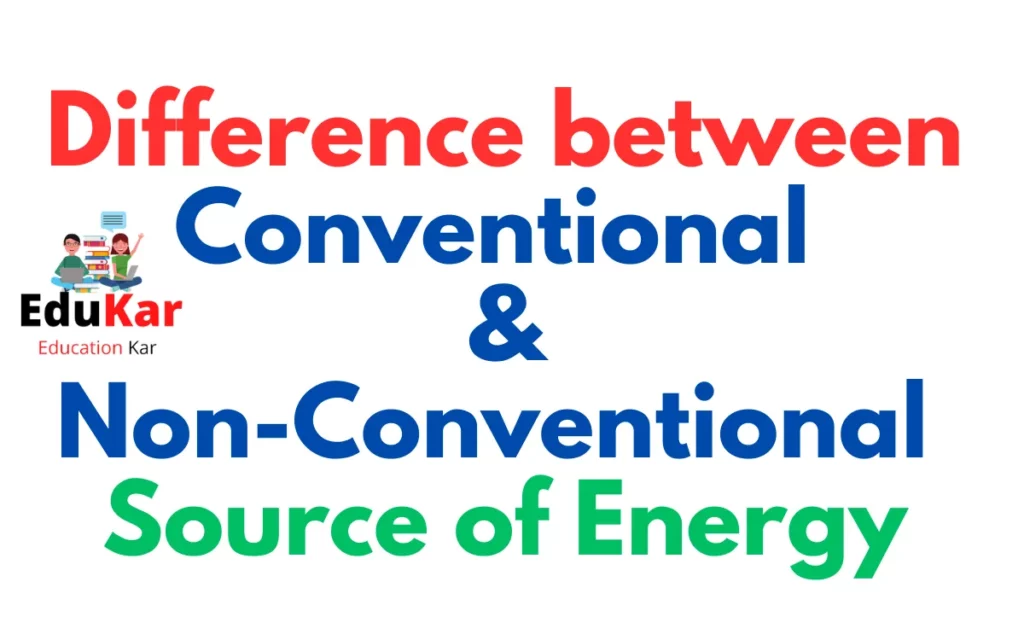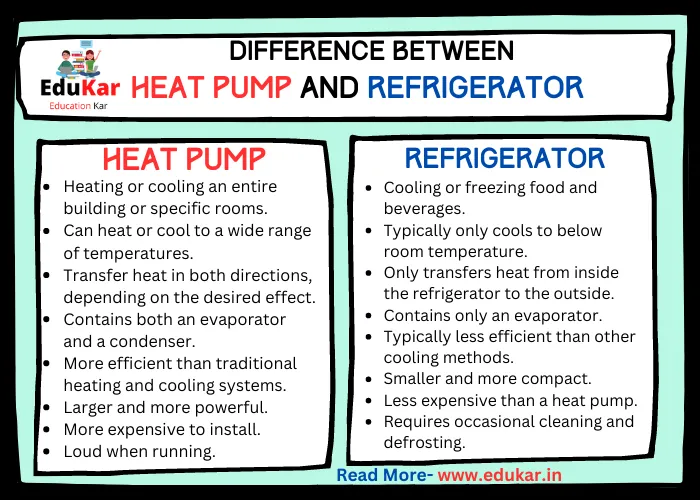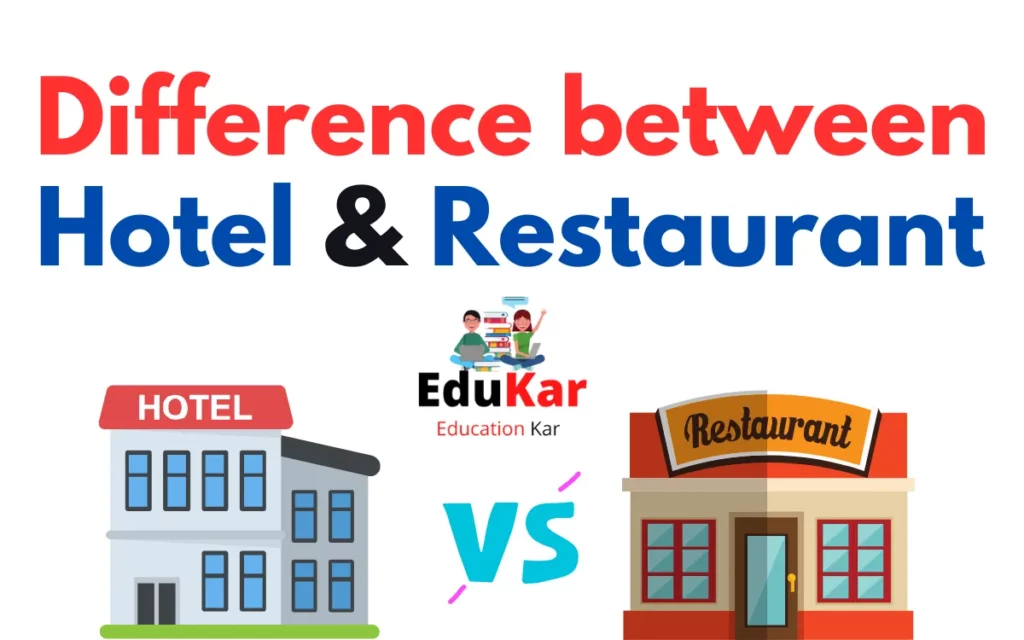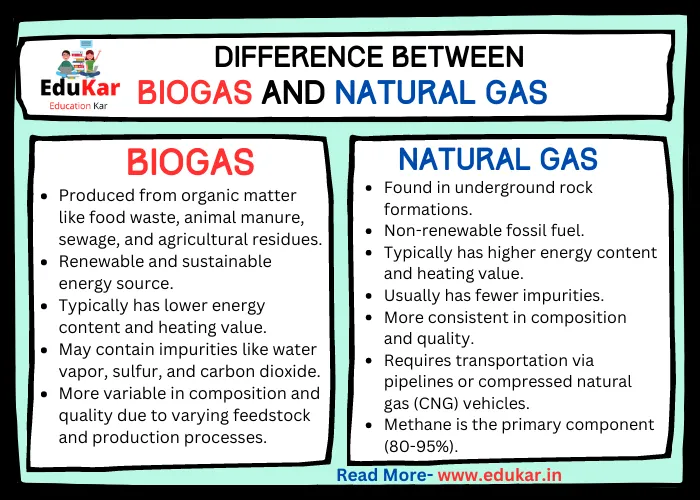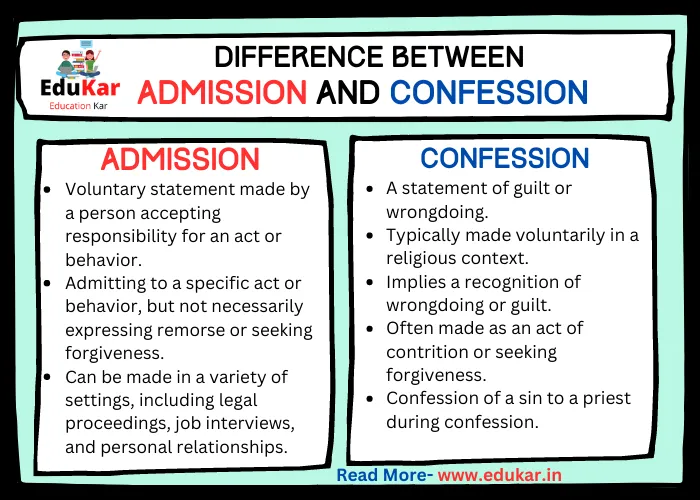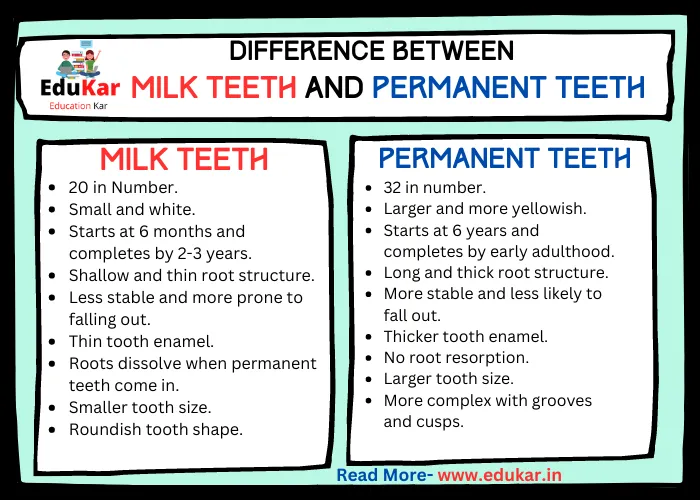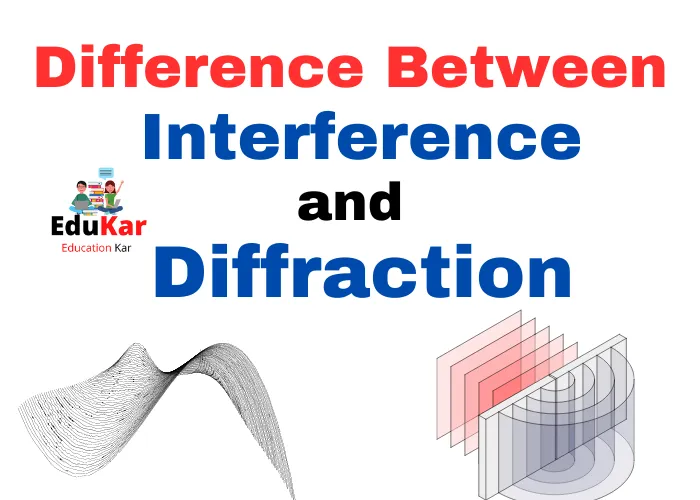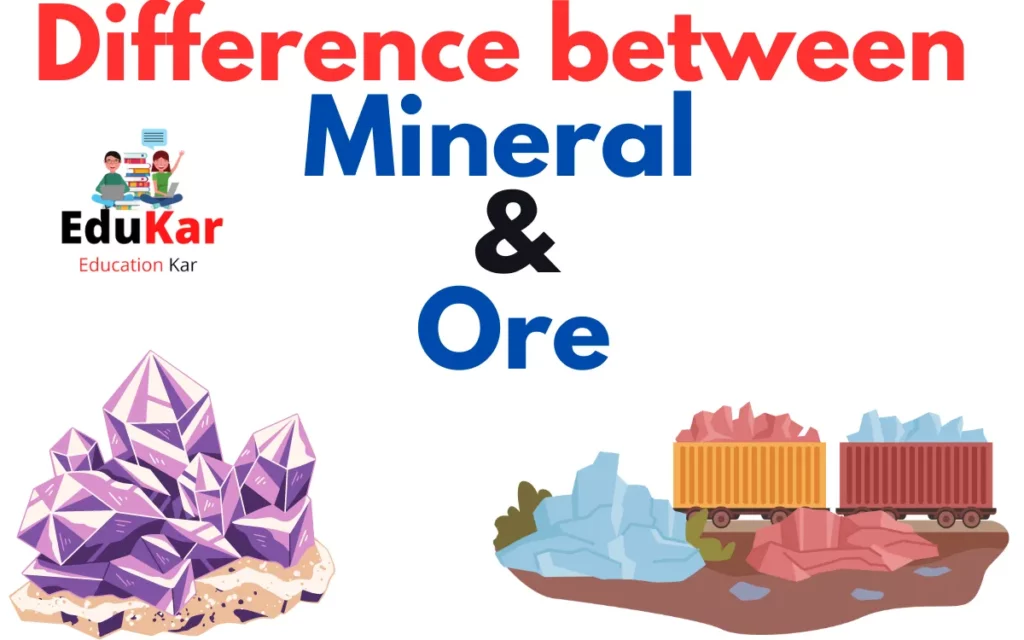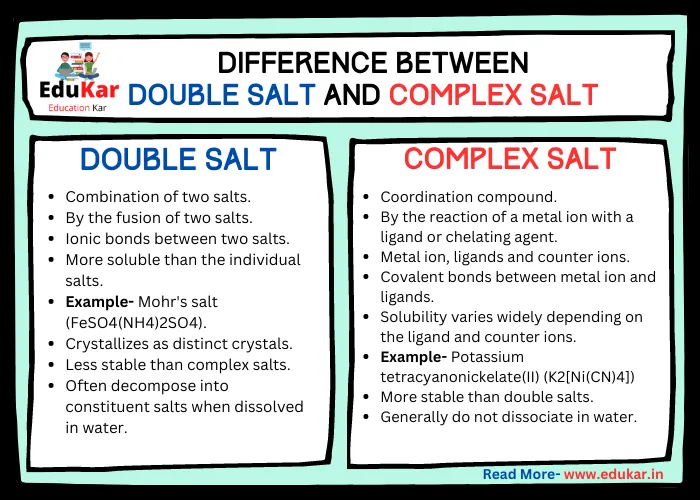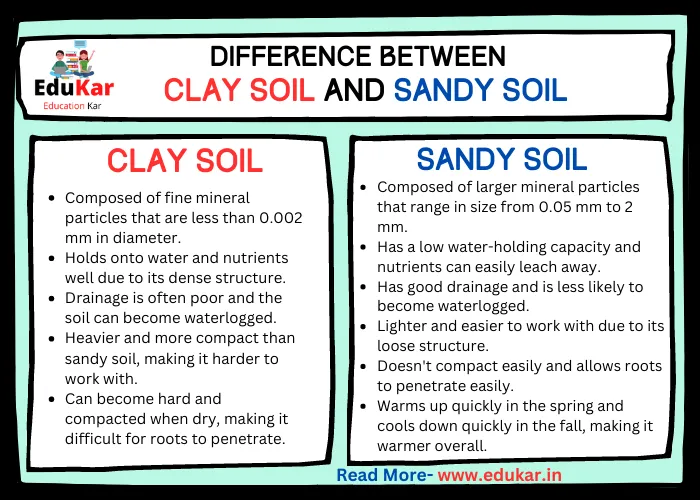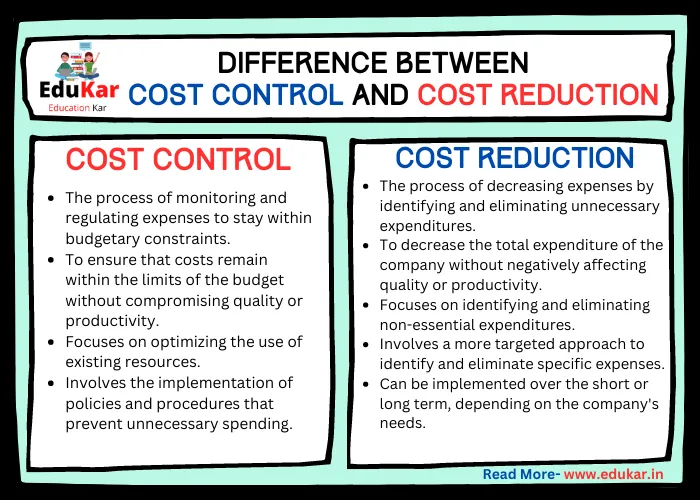Contents
- 1 Meaning of House
- 2 Meaning of Home
- 3 Differences between House and Home
- 4 Conclusion
- 5 FAQs:
- 5.1 What is the difference between a house and a home?
- 5.2 Can a house and a home be the same thing?
- 5.3 Is a house or a home more important?
- 5.4 Can a rented apartment be a home?
- 5.5 Is a home only for individuals or families?
- 5.6 Can a house be a home without any personalization?
- 5.7 What are some factors that differentiate a house from a home?
- 5.8 Can a house and a home have the same physical attributes?
- 5.9 Is a house a better investment than a home?
Learn the important difference between home and house in our blog post. Discover the distinct meanings of these two words and why understanding their distinction is so important. Explore the emotional and psychological aspects of home that go beyond the physical structure of a house.
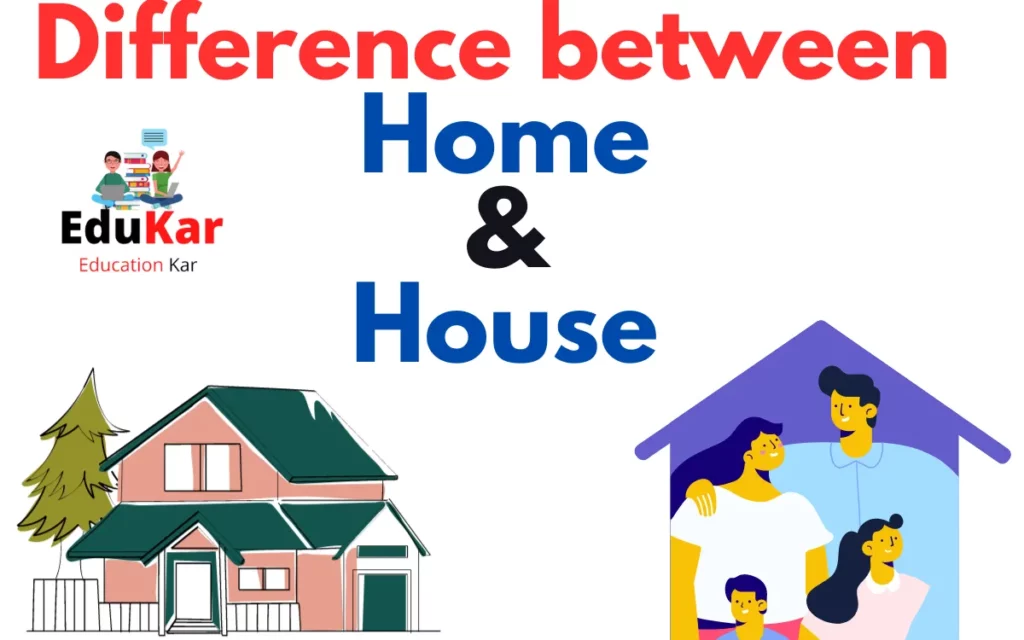
Home and house are two words that are often used interchangeably to describe the place where we live. While the two words may seem similar, there is a fundamental difference between them that is important to understand.
Meaning of House
A house is a physical structure made of building materials that provides shelter and protection. It can be a temporary or permanent residence and can be bought, sold, rented, or leased. A house is essentially a place where people live, sleep, eat, and carry out their daily activities.
Meaning of Home
A home is an emotional and psychological attachment to a place. It is where one feels comfortable, safe, and secure. Home is not necessarily a physical structure, but rather a feeling or state of mind. It is the place where we feel a sense of belonging and where we have emotional connections with the people and things around us.
Differences between House and Home
Here are some differences table between House and Home:
| Criteria | House | Home |
|---|---|---|
| Definition | A building made for people to live in | A place where someone lives, often with a sense of belonging and comfort |
| Physical attributes | It’s a structure with walls, roof, doors, windows, and rooms | It may include personal items, decor, and furniture that make it feel more comfortable and lived-in |
| Ownership | A house can be owned or rented | A home is usually owned or occupied by someone who considers it their own |
| Function | Houses can be used for various purposes such as living, renting, or as an office | A home is a place that is primarily used for living |
| Emotional attachment | A house is not usually associated with emotional attachment | A home is often associated with a sense of belonging, comfort, and security |
| Personalization | Houses can be personalized, but it is not a requirement | Personalizing a home is often important to create a sense of belonging and ownership |
| Maintenance | Houses require regular maintenance and upkeep | A home requires upkeep, but the emotional attachment often makes it more enjoyable to maintain |
| Investment | A house can be viewed as an investment | A home may also be viewed as an investment, but the emotional attachment often makes it more difficult to view it purely as a financial asset |
| Sense of community | Houses may be located in a community, but there may not be a strong sense of community among residents | A home is often located within a community and residents may feel a strong sense of belonging within that community |
| Sense of comfort | A house may be comfortable, but it may not have the same sense of comfort as a home | A home is often associated with a sense of comfort, safety, and security that comes from personalization and emotional attachment |
The key differences between house and home are as follows:
- A house refers to a physical structure while home is an emotional and psychological state.
- House can be a temporary or permanent residence while home is a permanent attachment.
- House can be bought, sold, rented, or leased while home cannot.
- Home is where one feels a sense of belonging and security.
For example, a person may live in a house but not feel like it is their home. They may be physically comfortable in the house, but emotionally disconnected from it. Conversely, a person may live in a small apartment, but feel a strong sense of home because of the emotional attachment they have to the people and things around them.
Understanding the difference between house and home is important because it helps us to appreciate the true value of our living spaces. When we focus solely on the physical structure of our houses, we may miss out on the emotional and psychological benefits of making it a home. A home is where we create memories, build relationships, and find comfort and support in times of need. It is a place where we can truly be ourselves.
Conclusion
Home and house are two distinct concepts that are often used interchangeably. While a house is a physical structure that provides shelter and protection, a home is an emotional and psychological attachment to a place where one feels comfortable, safe, and secure. Understanding the difference between the two is important because it helps us to appreciate the true value of our living spaces and the emotional and psychological benefits of making it a home. For many people, a home is not just a place, but a state of mind and an essential part of who they are.
FAQs:
What is the difference between a house and a home?
A house refers to a physical structure made of materials like wood, concrete, or brick, designed to provide shelter and living space. In contrast, a home refers to a place where one lives, typically associated with a feeling of comfort, security, and familiarity.
Can a house and a home be the same thing?
While a house and a home can refer to the same physical structure, they often represent different things to different people. A house is a building, while a home is a personal space that provides emotional and psychological benefits.
Is a house or a home more important?
The importance of a house or a home depends on individual preferences and needs. Some people prioritize the physical attributes of a house, while others value the emotional and psychological aspects of a home.
Can a rented apartment be a home?
Yes, a rented apartment can be a home if it provides a sense of comfort, belonging, and familiarity to the occupant. While ownership of the property is not necessary for it to be considered a home, a personal connection to the living space is essential.
Is a home only for individuals or families?
A home can be for individuals, couples, families, or any group of people who share a personal connection to the living space. It is characterized by a sense of warmth, intimacy, and personalization that stems from the personal connection and memories associated with the living space.
Can a house be a home without any personalization?
While personalization is a common aspect of a home, it is not necessary for a house to become a home. A home is characterized by the emotional and psychological connection to the living space, which can stem from other factors such as memories, experiences, and relationships with the people who share the space.
What are some factors that differentiate a house from a home?
Some factors that differentiate a house from a home include personalization, emotional attachment, sense of belonging, memories associated with the living space, and social and cultural activities that take place in the space.
Can a house and a home have the same physical attributes?
Yes, a house and a home can have the same physical attributes, but it is the personal connection to the living space that differentiates the two.
Is a house a better investment than a home?
While a house can be a financial investment or asset, a home is a personal space that provides emotional and psychological benefits. The importance of each will depend on individual preferences and goals.



